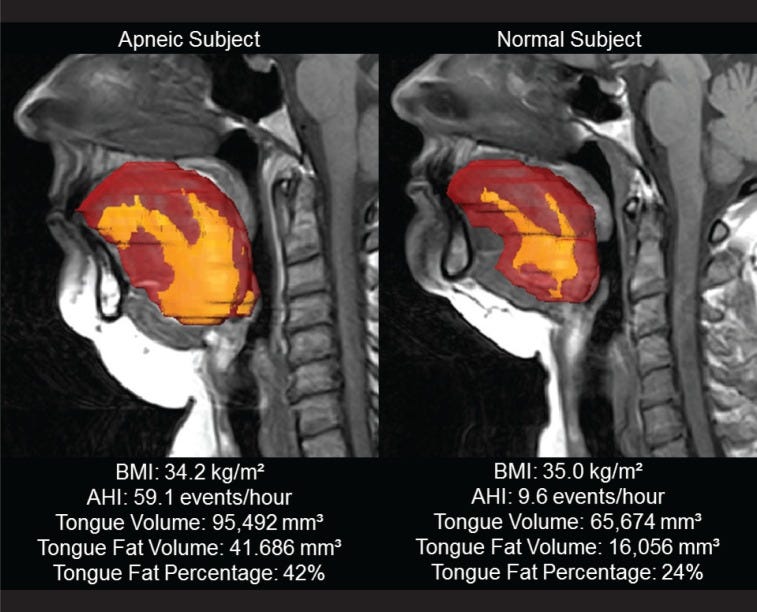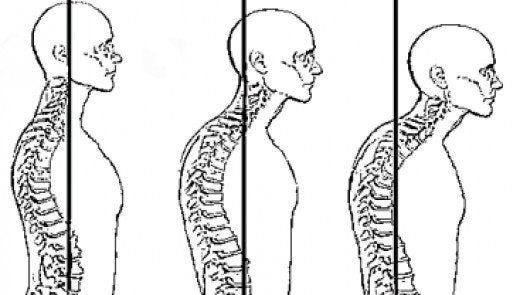Optimize your sleep
Here are some tips on how to sleep better:
1) Avoid blue light at night
Blue light at night disrupts your circadian rhythm and inhibits the production of melatonin.1234 Even the amount of light in a typical living room is enough to delay the onset and total production of melatonin:5
In the evening, use twilight apps on your phone and computer. Wear amber color glasses and/or use amber colored light bulbs. Also, dim indoor lighting as much as possible. It’s not just the light in your eyes that affects your circadian rhythm, but also light on your skin.6
Basically, your indoor lighting should parallel changes in the color temperature and brightness of the sun.
2) Get early morning sun exposure
Bright light helps to set your circadian rhythm, and boosts melatonin production at night, thereby improving sleep. This is discussed in greater detail in the chapter on the benefits of sunlight.
3) Avoid stimulation before bed
No arguments, planning, or problem solving during the last few hours before bed. Also, avoid the majority of news programs these days that seem to be focused on provoking anxiety and outrage, neither of which is conducive to good sleep. The only recommended form of stimulation right before bed is the one that is actually quite conducive to good sleep. I bet you can guess what it is.
4) Decrease fluid shift
During the day, fluid tends to collect in your legs, even if it is not readily apparent. When you lie down at night, that fluid migrates to your neck region, potentially compromising your airway. This phenomenon can be mitigated with the following steps:
Follow a low salt diet to reduce fluid retention in general.7
Walk or do calf exercises during the day.8
Raise the head of your bed.9
Avoid foods at dinner that have a high moisture content.10
5) Lose fat
One part of your body that gets fat when you are fat is your tongue. Ectopic fat in your tongue can also narrow your airway, making your prone to sleep apnea.11
6) Fix forward head posture.
Forward head posture can also narrow your airway.
Here is how to improve it:
Stop craning your head forward and downward when using your phone or your computer.
The wall stand exercise: place your heels, your butt, and the back of your shoulders against a wall and look straight forward. You should be able to touch the back of your head to the wall, while keeping your chin down and still looking straight forward, i.e. by shifting your head backward rather than tilting your head backward. If you can do this easily, you probably don't have this problem. If you can’t, keep practicing. Slowly but surely it will improve.
Maintain a similar posture when driving, by using the headrest. Buy an office chair with a headrest and do the same thing.
7) Limit EMF
Various forms of man-made EMF can disrupt your sleep. Follow the guidelines discussed in the EMF section of this manual.
8) Breath and meditate
If you wake up in the middle of the night, use the breathing and meditation exercises described elsewhere in the respective chapters of this manual.
9) Avoid excess dairy fat
This last one is anecdotal. I’ve personally noticed that if I consume a lot of dairy, especially butter or cream, I retain more fluid, sometimes visibly in my ankles and feet, and at the same time I sleep poorly, breathing less well through my nose. I suspect this is related to the estrogen content of dairy.
https://pubmed.ncbi.nlm.nih.gov/36051910/
https://pubmed.ncbi.nlm.nih.gov/38461462/
https://pubmed.ncbi.nlm.nih.gov/34217920/
https://pmc.ncbi.nlm.nih.gov/articles/PMC10127364/
https://pmc.ncbi.nlm.nih.gov/articles/PMC3047226/
https://pubmed.ncbi.nlm.nih.gov/9430592/
https://pubmed.ncbi.nlm.nih.gov/36611201/
https://pubmed.ncbi.nlm.nih.gov/28214605/
https://pubmed.ncbi.nlm.nih.gov/28647854/
https://pmc.ncbi.nlm.nih.gov/articles/PMC3866235/
https://pmc.ncbi.nlm.nih.gov/articles/PMC4173920/




